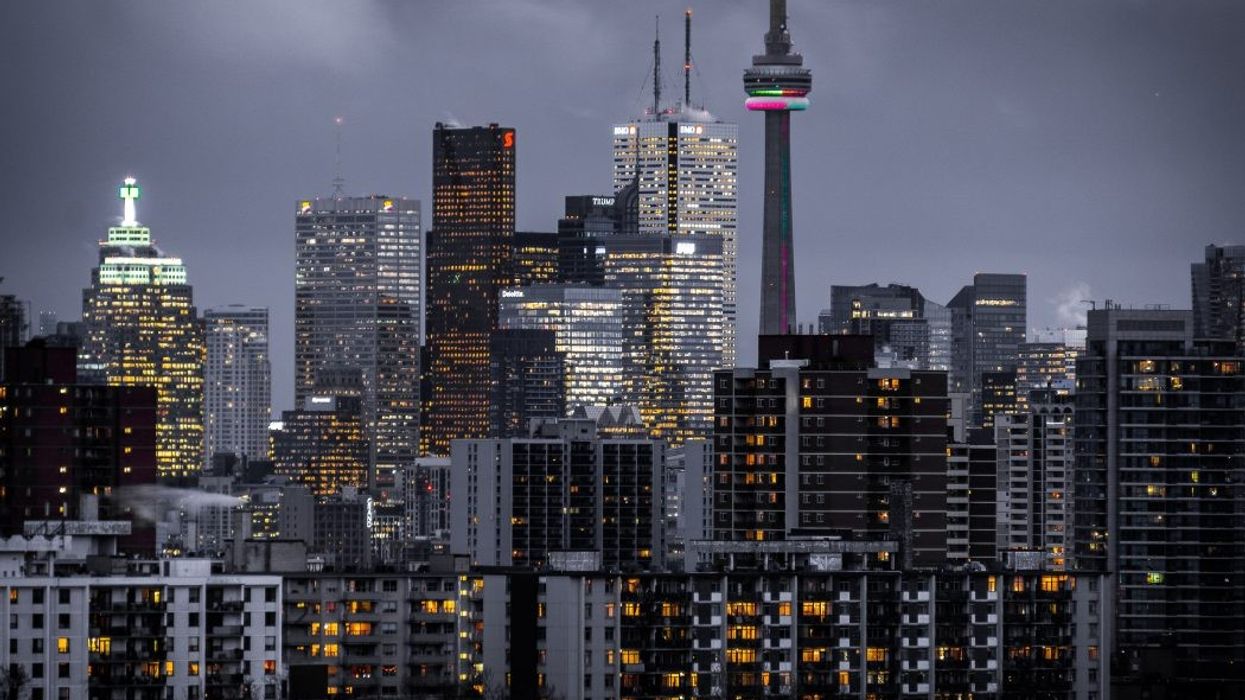As if it wasn't already the most expensive rental market in the country, renting in Toronto is going to get even more expensive this year.
The average cost of rent in Canada will increase by 6 per cent this year, according to a recent report from Rentals.ca. In Toronto, the increase could be closer to 11 per cent.
READ: Rental Prices Expected To Rise Across Canada In 2019
The rise in rental prices is attributed to a number of factors, including low vacancy rates, increased immigration and high interest rates.
Ben Myers, president of Bullpen Research & Consulting Inc. says, with immigration rates at a record high and growing, there's simply not enough supply to keep up with the demand. And, thanks to the mortgage stress test, there's not a lot of credit availability to help homebuyers. So, rental demand is increasing and so too is the cost of renting.
According to the CMHC, the national vacancy rate is the lowest it's been since 2009 at 2.4 per cent.
READ: Housing Minister Steve Clark On Affordable Housing Crisis
“The decrease in the vacancy rate was attributable in part to the strong increase in international migration. This factor, combined with the growth in youth employment and the aging of the population, drove up demand for rental housing.” Aled ab Iorwerth, deputy chief economist at CMHC said in a statement.
In Toronto, the issue is about more than affordability. Dr. Richard Florida, professor and Director of Cities at the Martin Prosperity Institute at the University of Toronto’s Rotman School of Management says the real issue is inventory.
“We need to build a lot more rental housing at each and every price point,” he said.
Of course, that is the plan. Problem is, Toronto needs more rental housing now, not 10 years from now.
READ: Toronto Storeys’ Housing Issue of 2018: Condo Cancellations
Ted Tsiakopoulos, a regional economist (Ontario) for Canada Mortgage and Housing Corporation (CMHC) says the CMHC's goal is to have every Canadian in an affordable home that meets their needs by 2030.
Valesa Faria, manager of Affordable Housing Development in Toronto says in Toronto, the goal is to add 40,000 rental units in 12 years. And, at least 3,300 new units by early 2020.
Even with the additional units, a lack of turnover in Toronto is likely to increase rent.
“As fewer units are turned over, there is less supply, and rental rates increase further. The dynamic is shifting away from ‘bubbly’ house prices to ‘bubbly’ rental rates,” Myers said.





















